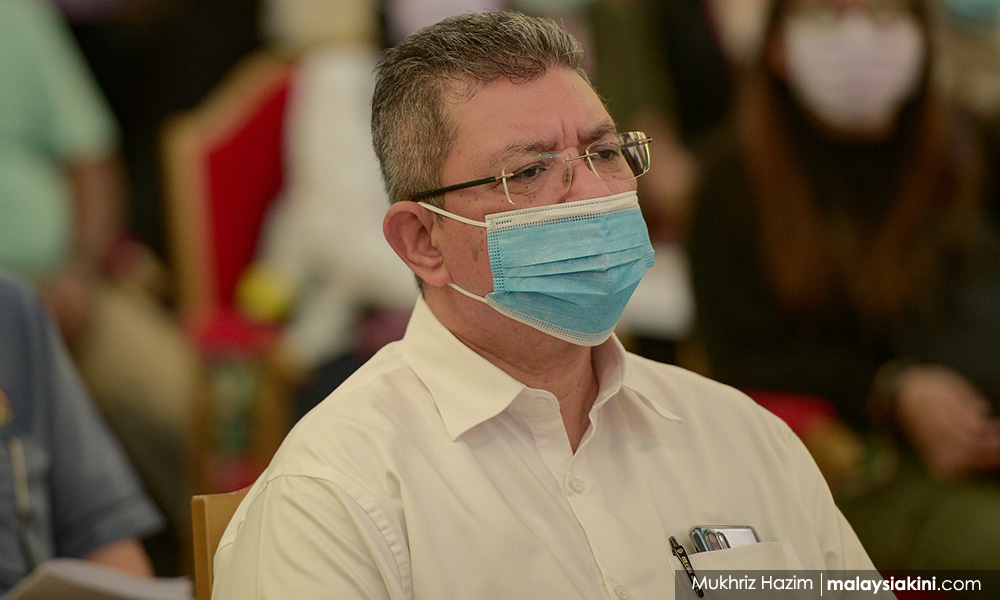MP SPEAKS | Malaysia was one of the three Southeast Asian countries (Indonesia and the Philippines were the other two) to be invited to the recently concluded Summit for Democracy organised by US President Joe Biden's office.
Unfortunately, Malaysia made the decision not to participate. This is a short-sighted and unstrategic move that points to a larger lack of coherence and independent thinking in our foreign policy direction moving forward.
Malaysia should have grasped this opportunity to reiterate our firm commitment to the principles of democracy that have been tried and tested over the past three and a half years since the 2018 general election.
Indeed, Prime Minister Ismail Sabri Yaakob could have used this opportunity to showcase a new phase of political maturity under his premiership with the historic signing of the memorandum of understanding (MOU) between his government and Pakatan Harapan, which includes political and democratic reforms.
Reforms such as the promise of an introduction of an anti-hoppling law, equal allocations for MPs, lowering the voting age to 18, increasing the effectiveness of Parliament as a means of check and balance to the executive and a commitment to greater decentralisation and autonomy for Sabah and Sarawak.
Instead, the prime minister was too caught up with the celebration of his 100-day Keluarga Malaysia government where numerous standard operating procedures (SOPs) were flouted by himself and his cabinet and long queues were spotted outside KLCC comprising of people who had lined up to try to pay their discounted police summons.
Even if he could not attend the event “live”, he could have recorded his official interventions, together with over 90 heads of government, including outgoing Philippines President Rodrigo Duterte who emphasised his commitment to a peaceful transfer of power to his successor at the end of his term in 2022.
Indonesian President Joko Widodo was invited to share his remarks together with 11 other leaders including newly elected German Chancellor Olaf Scholz.
Coincidentally, this summit took place at the same time as the 14th edition of the Bali Democracy Forum which was initiated by Indonesia back in 2008 under the leadership of president Susilo Bambang Yudhoyono.

Sending the right signal
I am sure Foreign Minister Saifuddin Abdullah will brush this aside and say that Malaysia can deliver its foreign policy messages in other ways including during US State Secretary Anthony Blinken’s first visit to Southeast Asia (Indonesia, Malaysia and Thailand) later this week.
But I am sure that Saifuddin is well aware that foreign policy is as much about sending signals about the foreign policy direction of the country in addition to the substantive content that could have been raised by the PM at the Summit for Democracy.
One area of such signalling is with regards to Malaysia’s hedging strategy vis-à-vis the big players in regional geopolitics in Southeast Asia. Will Malaysia’s lack of participation in this summit be interpreted by some that we are tipping over to one side in this tricky balancing act?
Or is this a sign of a directionless government with regards to the complicated area of foreign policy which requires proper coordination and strategic thinking on the part of the decision makers in the Prime Minister’s Office and Wisma Putra?
Either way, the signs are very worrying for those who are concerned with the foreign policy direction of the country under this leadership.
ONG KIAN MING is Bangi MP and the DAP's assistant political education director.
The views expressed here are those of the author/contributor and do not necessarily represent the views of Malaysiakini.

